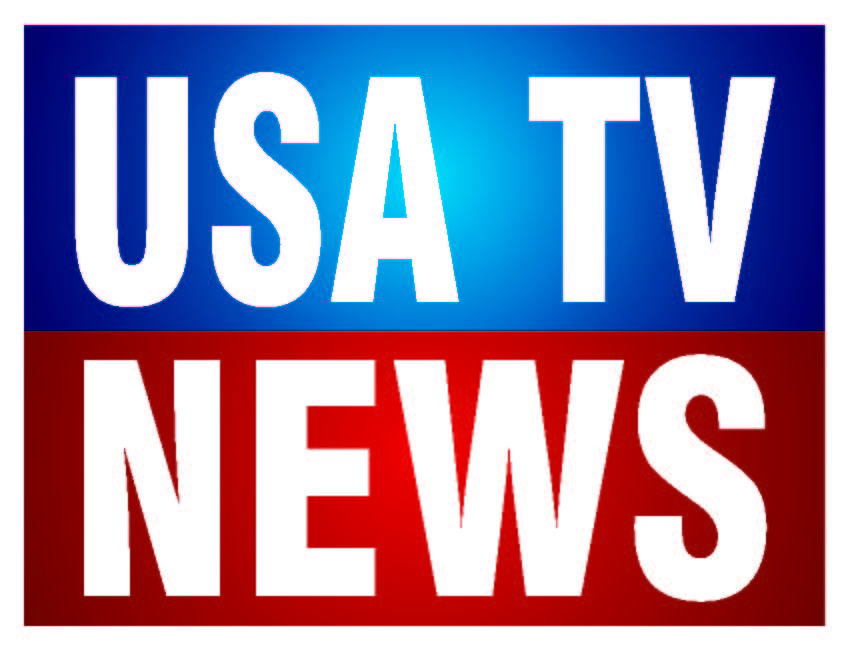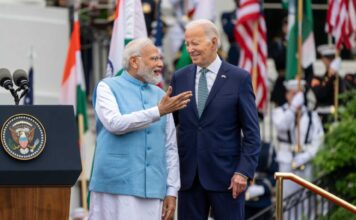By Neera Kuckreja Sohoni
In “The Republic of Wrath” (Basic Books, NY, 2020), author James Morone speaks of a “deep current running through the American story”. Each generation “insists that the immigrants they despise are different – a far greater threat to the nation – than those who came before”. (p.110)
After settling in and solidifying their status, as they get accepted, they turn nativist. Once entrenched, each wave tries to disempower and disenfranchise or even ban the next immigrant wave from coming in altogether. As Morone suggests, apocalyptic battles occur each time, around central issues of national identity, who we are, who we wish to become, and the struggle over identity pitting “us” against “them” continues.
Beginning with the arrival of “pilgrims”, or of “slaves” as revisionist historians now claim, America has been a dreamland for seekers of fortune from distant lands. The persecuted hounded for their religious beliefs, criminals seeking to escape from law’s clutches, or merely the bored and adventurous have all sought refuge in this well-endowed vast land with unprecedented promise to build one’s life and future, in turn helping to build this country into the richest, most advanced self-governing nation in modern history.
Ample wealth has enabled this resource-and talent-rich nation to lead the world’s nations. The two World Wars that made America synonymous with Liberty, more than qualified it to be crowned ‘the Leader of the Free World’.
For some time now, that celebratory phase in America seems to be over, as vicious challenges from within and without have shaken our global standing, and along with that our national pride and self-confidence. One can draw solace from history’s lesson that if egotists are doomed to fail, so are cynics, critics, and self-abnegators.
America’s world image is tottering because of tectonic shifts occurring in global and internal politics. The contrast is painfully vivid overseas in the recent self-inflicted wound by the Biden administration’s dismal handling of our withdrawal from Afghanistan, and internally from the chronic refusal of both political parties and their leaders to concede defeat, and respect the outcome of every single one of the last five elections. The US president is no longer “our” president, and his supporters have no right to exist or participate in our polity. The spoils go to the victor alone, along with our Constitution’s protections and guarantees.
Bitter schisms were always there but not in that magnitude, and perhaps, not always.
Twenty years ago on September 11, when we woke up to planes hijacked by terrorists slicing through the citadels of our economy and defense, and another prevented from hitting the seat of US political power, we immediately united, grieved, and spoke as one. The world shared our shock and pain, with headlines such as those carried by a leading French paper claiming, “We are all American”. Responding to our call, allies quickly jumped in to join the crusade against terrorists.
It took one stroke from the current administration to end that bonhomie. The suddenness and unilateral manner in which we withdrew from Kabul last month, left our closest allies befuddled, even humiliated. Hence the angry protest as witnessed in the British parliament censuring Biden.
The country we went to war with and tried to renovate, moderate, and democratize reverted to being ruled by the very Taliban against whom we had gone to war for harboring the terrorists who attacked us. The sheer irony of this about-turn, together with the shame and rage over the loss of face from our ungraceful exit, are only worsened by our leaving behind nearly a trillion dollars worth of military equipment for the enemy to use.
Biden’s thumping premature declaration “America is Back” now sounds hollow, as punch lines claim “True, America is back – flat on its back”!
If Trump’s crude manner and jingoism rightly irked and estranged our allies, Biden’s bumbling diplomacy has accentuated the crack by making us seem weak and unreliable. America could afford to lose warmth from our allies, tortured as they felt under the bombastic take-no-prisoner diplomacy of Trump, but not what it is now facing under Biden – a stampede of absconding allies, looking elsewhere such as to China for wealth, labor, markets, and minerals; to Russia for oil and gas; and to themselves for shoring up their military ability to defend their borders. A suggestion for the EU to have its own Security quickly emerged, from no less an ally than the French President who had earlier gustily echoed Biden’s call to “Build Back Better”.
America has lost face but also the trust of others that it can stand and deliver on its promise of protection.
With America’s enfeeblement, new and ominous alignments are apparent in global geopolitics. China’s Belt and Road Initiative openly challenges the existing world order, as it enables China to encircle the globe both in commerce and diplomacy. The Pro-China Bloc of Russia, Iran, Afghanistan, Pakistan, North Korea and dozens of nations who increasingly depend on China’s largess and goodwill, have little need for America which is financially near-bankrupt with its economy pledged to Chinese loans. In poorer countries struggling to survive, both democracy and capitalism become a luxury.
The ‘Group of Six Silks’ (to coin a phrase) may be few in number but they are all nuclear (Iran almost so), and their strategic positioning, totalitarian ideology, and oil reserves are fated to give them a significant, even matchless edge over America. Worse, the consortium directly threatens the survival and stability of Australia, India, Japan, South Korea, Taiwan, and many other relatively democratic Asian and Pacific region countries – who form the front line of US defense.
The geographic insularity that historically assured America’s unassailability is no longer guaranteed or even relevant, as borders have crumbled and fiercer, more lethal wars can and are being waged digitally, electronically and spatially. Missiles of yonder age are less agile than drones that hunt down targets, with scary precision, and hackers who can instantly disable national grids of vital services with a few strokes of a keyboard. Our recent failure to prevent foreign hackers from shutting down and blackmailing public and private entities points to our weakness as a “smart” power but also our reluctance to aggressively respond to digital warfare.
Topping it all is our military’s and diplomats’ obsession to play it cool and soft. Together the above factors have diminished our current and future stature as a lead global player.
Ending a war is noble and deserves to be welcomed. But in the present context, it is the mercurial relentless enemy that dictates when and whether war will end. There is no easy resolution to the war against terrorism, and no credible way to declare truce. Terrorism is no longer confined to any one nation or ethnicity. There are no pitched battles or rules of war that bind terrorists to predictable let alone honorable behavior and no way to hold them accountable for their savagery.
Without a mechanism to define the enemy or exhaust its desire to fight, the war against terrorism seems set in perpetuity, and like cancer, to slowly eat into the vitals of a once thriving organism called United States.
America’s internal schism has also added to the default line that increasingly threatens this country’s national integrity, its longevity as a democracy, or as democracy’s emblem. The citizenry here, drunk with the pride, vanity and arrogance of the “separateness” of its racial, color, gender, and LGBTQ to Z sub-groups, along with the deliberate alienation fostered between the “enslaver White Race” and the “enslaved Black Race” fuels our hatred for each other, ruling out any possibility of union.
Divided, the fall of this house and of “These United States” becomes a certainty.













